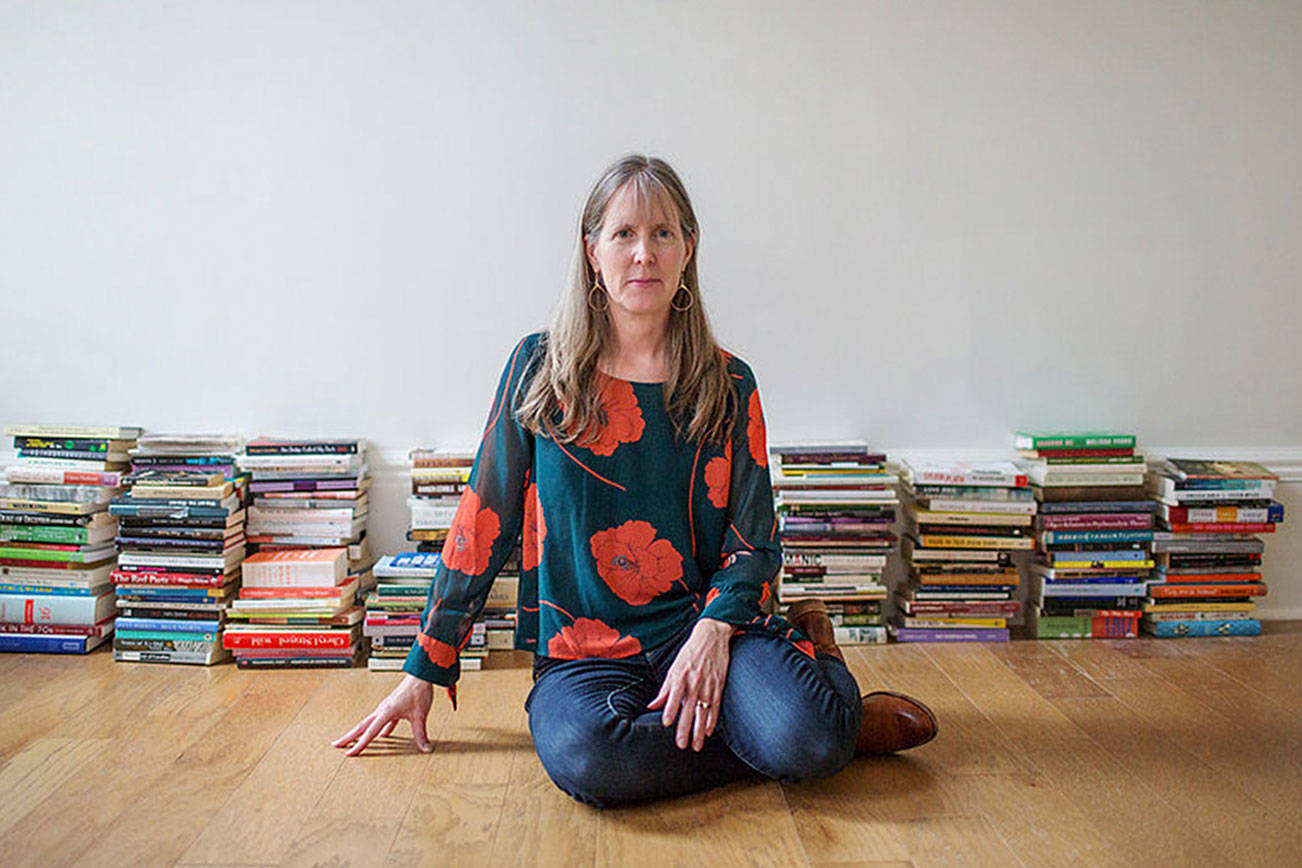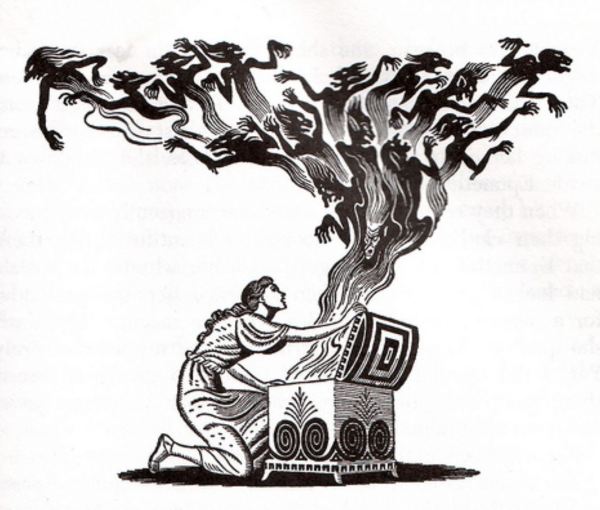“Cancerland is a gripping memoir that will appeal to aspiring physicians and scientists, people touched by cancer, and anyone curious about biomedical research and its unprecedented opportunity to enhance human health.” ―Jeffrey S. Flier, MD, former Dean of Harvard Medical School, Caroline Shields Walker Professor of Medicine.
© Michael Philip Manheim. Courtesy of the U.S. National Archives A new people's guide to greater Boston shows children on Neptune Road with Logan Airport at the end of the street; many of their parents were involved in efforts to halt airport expansion.
Feb 05, 2021 Illness memoirs have the potential to give an artful shape to one’s trauma, as well as support other patients, caregivers, and loved ones when it seems like no one else could possibly understand. Posts about medical memoir written by Wendy. Jill Bolte Taylor’s book, My Stroke of Insight, A Brain Scientist’s Personal Journey, is teaching me so much.At age thirty-seven, Jill suffered a massive stroke, and she shares her courageous experience of recovery in this wonderful book. Apr 25, 2020 Initially I did a surgical and a medical term each of three months (this was a basic requirement). Then I did a one months spell in the anaesthetic department which became a six months term. After one month I was made a temporary, maybe unofficial, and I’m sure in these days what would be illegal, acting anaesthetic registrar. Medical Memoirs That Will Change Your Life Elizabeth L. Silver, author of The Tincture of Time, recommends moving medical memoirs. In recent years, the memoir has been enveloped by medical narratives that have the ability to force us to question our lives and make meaning of them through our health.

Radical roadmap
“A People’s Guide to Greater Boston” (University of California) is not a glossy pit of tired tourist pap. It’s a history lesson with a point of view, shining light on the city’s radical past, highlighting protests and movements and the power people of Boston have had in shaping the place they live. Authors Joseph Nevins, who grew up in Dorchester; Suren Moodilar, an activist and editor who lives in Chelsea; and Cambridge native and Harvard grad Eleni Macrakis write of sites like Grove Hall in Dorchester, where in June 1967, 50 protestors locked themselves in to demand welfare reform and were pulled out violently by police, leading to three days of rioting. Or of the Middle East Nightclub in Cambridge, which used to be home to “Old Mole,” an underground newspaper that called itself “a radical biweekly.” The book is a comprehensive exploration of Boston, its neighborhoods, and its nearby towns—Waltham, Lynn, Concord, the North and South Shores. The book pulls the curtain back on the city’s history of furthering the inequality of a capitalist world economy and perpetrating violence against natural resources. “A people’s perspective privileges the desires, hopes, and struggles of those on the receiving end of unjust forms of power and those who work to challenge such inequalities” aiming for a place “that is radically inclusive and democratic and that centers on social and environmental justice.” It’s a timely, intelligent, and necessary guide, one that deepens our understanding of where we live now and reminds us of the power that regular citizens have to work against powers and systems that are, now as then, in urgent need of change.
Medical memoir
“I claim no special powers; nor do I know how to handle death any better than you,” writes Harvard grad and ER doctor Michele Harper in her wise and elegant debut memoir, “The Beauty in Breaking” (Riverhead), which comes out this week. Harper writes of cultivating a state of stillness, one that serves her well in the ER, and one she learned in childhood living with an abusive, battering father. She writes candidly of what it is to be Black in the primarily white medical system, the lie of a post-racial America, and a glass ceiling for women that doesn’t so much shatter as bow. Wrenching scenes are balanced with Harper’s confident, steady and steadying prose. “It is only in silence that horror can persist,” she writes. With wisdom and generosity, she shows how our wounds—physical and emotional—unite us, and that we have to see where we’re broken in order to heal.
Fellowships and grants

Wwii Medical Memoir

The Mass Cultural Council recently announced the recipients of its annual artist fellowships for fiction and creative non-fiction. Out of over 600 applications, the judges selected 13 Massachusetts-based writers. Seven writers were awarded grants of $15k each, including Morris Collins of Boston, Kelle Groom of Provincetown, Daniel E. Robb of Amherst, Whitney Scharer of Arlington, Emily Shelton of Cambridge, Ann Ward of Shutesbury, and Linda Woolford of Andover. Six writers were awarded $1500, including Robert Dall of Cambridge, Justine Dymond of Belchertown, Amanda L. Giracca of Great Barrington, Matthew Muller of Pittsfield, Chivas Sandage of Northampton, and Alyssa Songsiridej of Cambridge. The National Endowment for the Arts also recently announced their grants awarded to literary arts organizations around the country. In New England, the Boston Book Festival received a $15k grant. Grub Street receives $45k. And the Telling Room in Portland, Maine receives $15k.
Coming Out
“Want”by Lynn Steger Strong (Henry Holt)
“Last One Out Shut Off the Lights”by Stephanie Soileau (Little, Brown)
“A Mind Spread Out on the Ground”by Alicia Elliott (Melville House)
Pick of the Week Roxie Mack at Broadside Books in Northampton, Massachusetts, recommends “I Hotel” by Karen Tei Yamashita (Coffee House): “‘I Hotel’ is a fictional account of the lives of Asian-American activists in the late 60s and early 70s. Mirroring the fearless experimentalism of the time, Yamashita tells the story using a mix of narrative, drama, and real and fictionalized documentary passages. The story, based in many instances on actual incidents, traces the intertwined lives of a generation of Chinese, Japanese, Pilipino, and Korean revolutionaries. She brings to light intriguing parallels between the then-emerging Black Power movement and the Asian activists.”

Medical Memoirs 2020
The Still Point of the Turning World
One of the most extraordinary medical memoirs written. One of the most extraordinary books written. Ever. Rapp poses a profound question—How do you raise a child who you know is going to die?—and explores its nuanced answer with grace, exquisite poetry, tactile pain and unending love. A book that will change your perspective about motherhood and the body.
The Long Goodbye
O’Rourke’s poetic and emotional love letter to her mother, who passed away of cancer, is an essential companion for anyone questioning how to grieve. It is an exquisite combination of philosophy and poetry, showing a daughter who misses her mother, who needs her mother, and who learned how to live as a result of their relationship.
When Breath Becomes Air
Paul Kalanithi was a neurosurgical resident when he was diagnosed with lung cancer in his mid-thirties. As one of the most skilled surgeons in one of the most demanding and prestigious medical fields, Kalanithi was set to become a powerful force in the operating room, until his cancer diagnosis. He wrote this book while undergoing treatments, ultimately passing away before its completion. A gorgeous and haunting investigation of what it means to be human.
- Featured Book
The Tincture of Time
